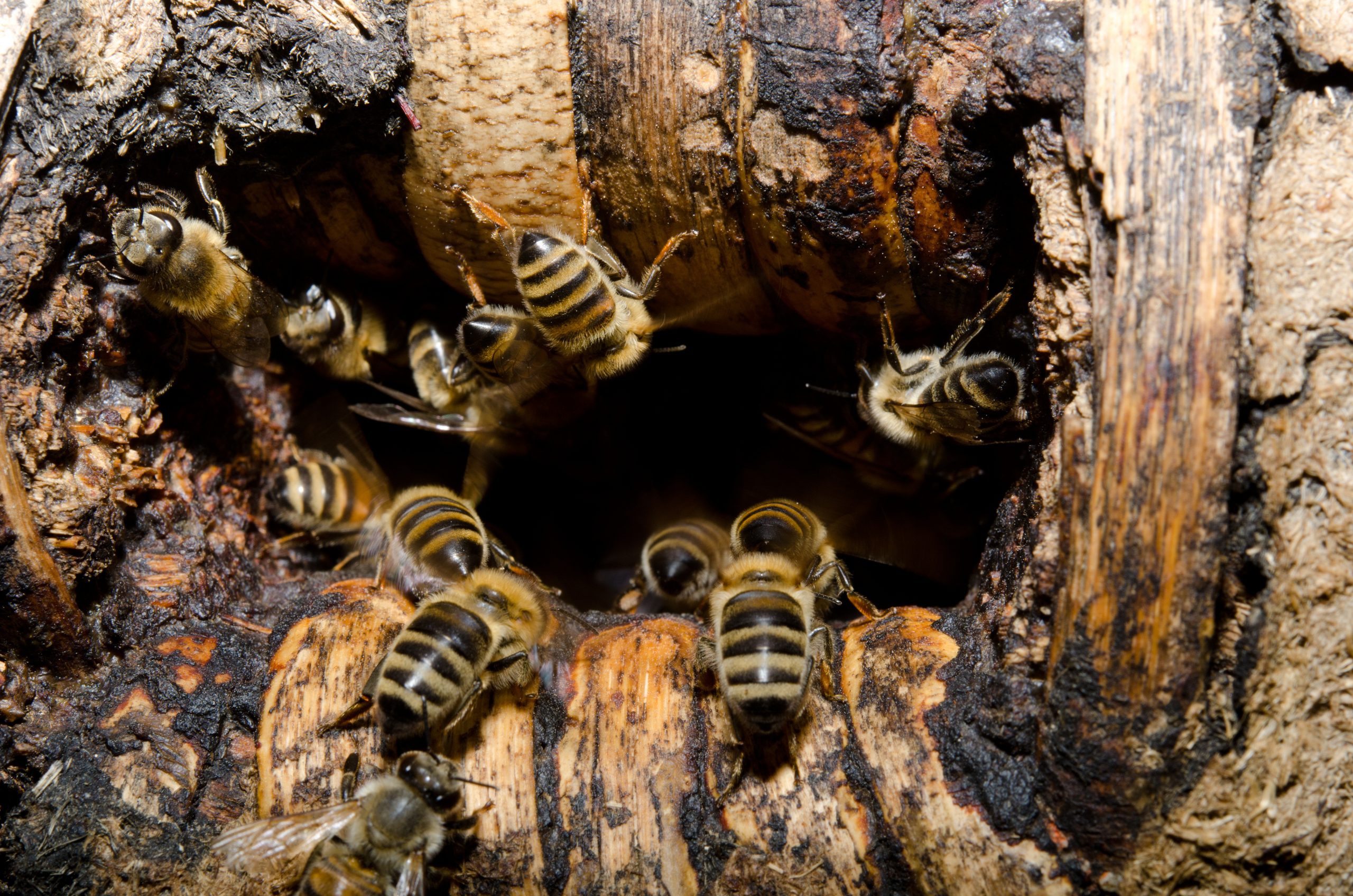Namibia Honeybees Under Threat
September 12, 2016
Bee Colony Collapse, Honey, Honey Bees
Albert Einstein once said something eerily haunting, "Mankind will not survive the honeybees' disappearance for more than five years." Just as this fear of honeybee loss is felt here in the United States, so it is felt in the southwestern African country of Namibia, where the alleged colony collapse disorder (CCD) and colony loss are just as serious and widely felt. Due to the honeybees’ importance to pollination, Namibian beekeeper David "Mr. Bee" Smith has been working vigorously to spread awareness of the honeybees’ importance and why everyone in Namibia from farmers to urban residents should work to protect them as best they can.
By Smith’s word, although researchers have been working to find an effective strategy to save all bee species, drought in southern Africa and harsh winters elsewhere have been instrumental in devastating honeybee populations by up to 70 percent in some areas. From parasites, pests, pathogens, malnutrition, pesticide exposure, and CCD, Smith is worried that most if not all Namibians in general have “no clue” about the crucial role honeybees play in providing food for the masses.
"The current severe drought and dry spells since 2012 have become big factors driving both Namibia's honey yield and bee numbers down, as less rain means less flowers available to pollinate. What is scary is many Namibians and especially children have not been educated about the bee's role. I am available 24/7 to lecture children at any school about this, but so far interest in the subject has been poor,” Smith said. “It’s as if we still regard honeybees as dangerous killer bees…I almost daily see Namibians destroying beehives by smoking the bees out or throwing the hives down with stones. This is irresponsible behavior, and as honeybees are a protected species, the perpetrators should be punished by law.”
Smith is among the many who urge livestock and crop farmers in Namibia to reseed fields with eco-friendly crops to develop healthier habitats and increase national bee populations. "Raising commercial bees for pollination purposes along with wild bees are responsible for pollination of an estimated 80 percent of all food crops, and therefore it's sad that we still destroy beehives," Smith said. It’s estimated that in the last half decade alone, roughly 30 percent of Namibia’s bee population has disappeared and nearly one third all bee colonies have collapsed.
Having explained the complex process of how honeybees produce their "own gold” in honey many times to those in Namibia, Smith has been implementing programs teaching and training urban residents to become amateur beekeepers. "Educating urban populations about plant diversity in municipal gardens will enhance both bee habitats and bee health. With increasing interest and awareness in the profound importance of nurturing a much larger bee population globally, the progress dividends for both humanity and the planet will prove immeasurable.”


.jpg)



